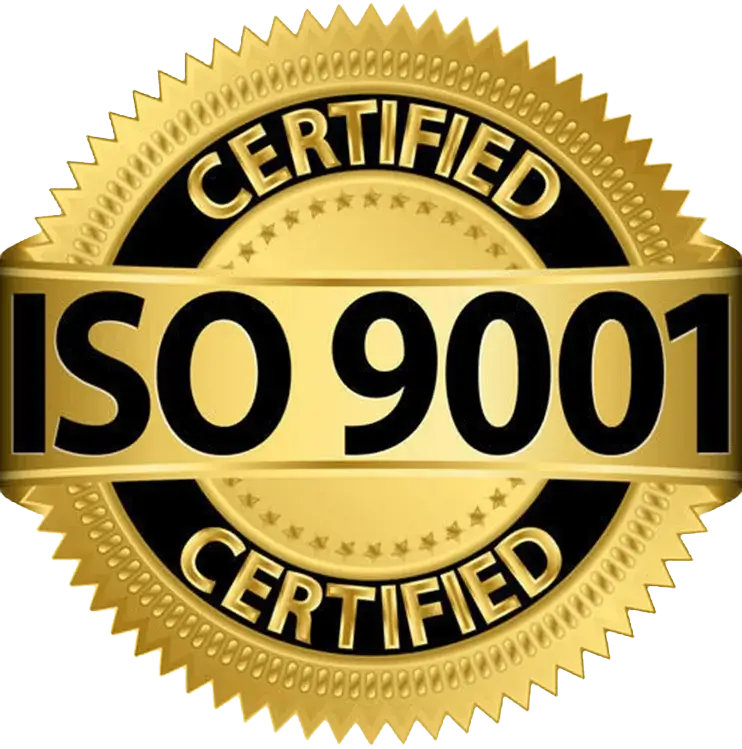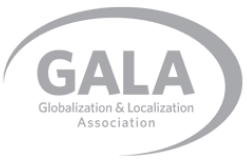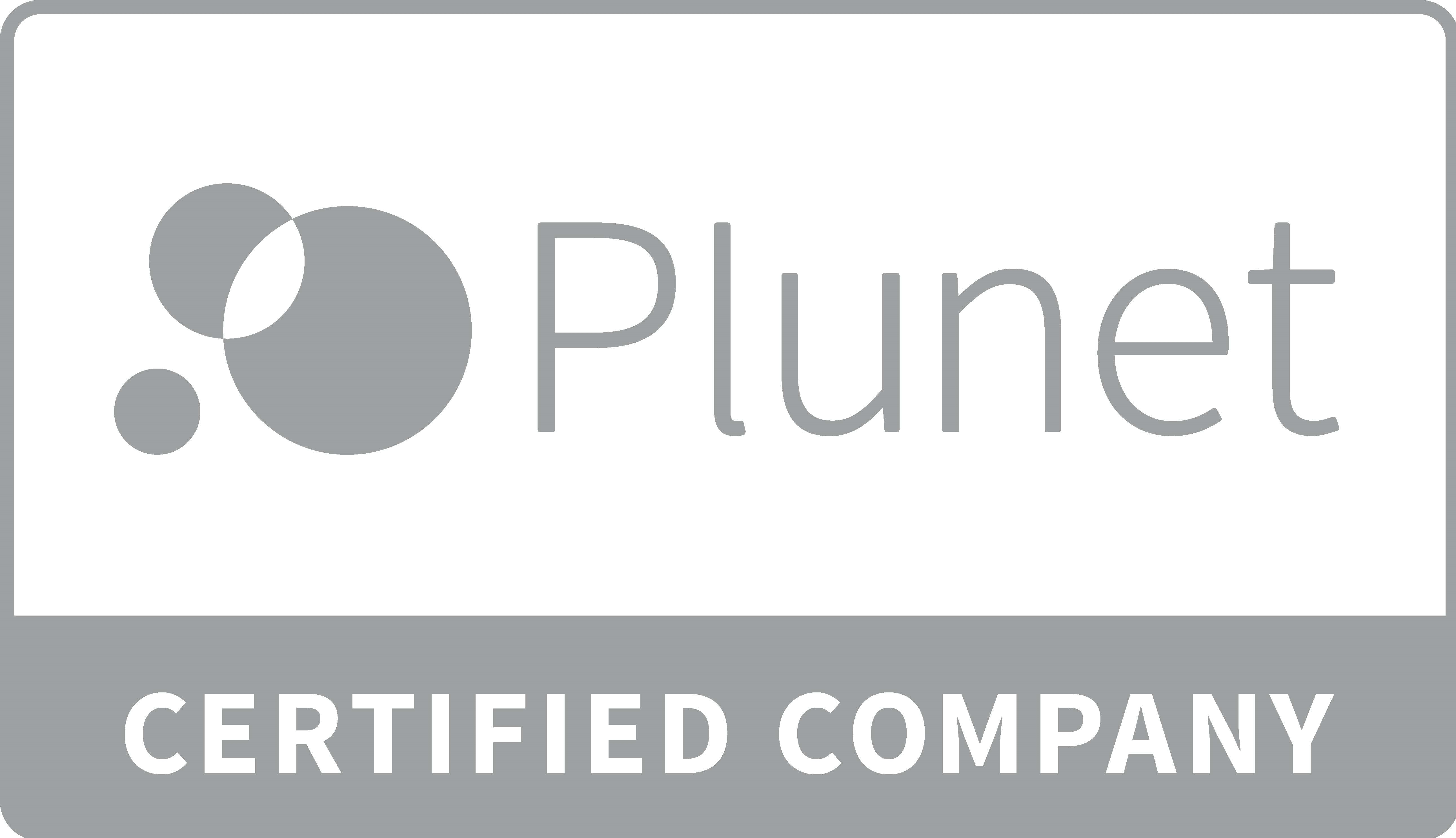For companies seeking to expand into new geographical markets, translating training materials is essential for successful engagement. Whether your goal is to increase your reach or penetrate a market more deeply, if you have a workforce that needs onboarding, uptraining, or cross-training in a different language, e-learning translation is crucial.
However, you may be unsure of how to proceed in a way that maximizes your investment. You might be wondering if partnering with a translation agency for a comprehensive project is necessary, or if simple document translation would suffice.
The answer is clear: partnering with a translation agency is indeed worth it.
Research from IBM shows that participants in e-learning retain five times more material without spending additional time on learning, and every dollar invested in online training results in a $30 increase in productivity. The key aspect of translating training material, just like e-learning, is ensuring accurate understanding and knowledge transfer.
Directly translating the words of an entire training course into five languages without proper localization simply won’t work. Proper e-learning localization involves engaging students or trainees to motivate them to learn and comply. This includes considering international formats, cultural and contextual nuances, appropriate imagery, and more.
While each project involving translating training material may be different, there are general guidelines that can help you evaluate what needs to be considered when localizing e-learning. The student and learning profiles between your current and international teams differ not only in language but also in culture.
Cultural differences can extend to popular references, workplace culture, lifestyles, norms, and more. Understanding your learners and updating student profiles for your training material is crucial to maximize their engagement and, consequently, the benefits they derive from e-learning.
There are potential areas of failure or delay in the localization process, which is why companies often partner with translation companies to ensure timely, cost-effective, and high-quality results.
While you may consider translating your training materials in-house using your Sales & Marketing team or freelance translators, it is important to weigh the pros and cons of these solutions.
If you decide to hire translation services, they will assist you in evaluating the project and guide you through the entire process, from start to finish, to maximize your investment in translating training materials. Expand your global horizons with Netwire Global Linguistic Solutions! Discover how our specialized translation and localization services can boost the success of your international business. Contact us now and take your communication beyond language barriers!
For companies seeking to expand into new geographical markets, translating training materials is essential for successful engagement. Whether your goal is to increase your reach or penetrate a market more deeply, if you have a workforce that needs onboarding, uptraining, or cross-training in a different language, e-learning translation is crucial.
However, you may be unsure of how to proceed in a way that maximizes your investment. You might be wondering if partnering with a translation agency for a comprehensive project is necessary, or if simple document translation would suffice.
The answer is clear: partnering with a translation agency is indeed worth it.
Research from IBM shows that participants in e-learning retain five times more material without spending additional time on learning, and every dollar invested in online training results in a $30 increase in productivity. The key aspect of translating training material, just like e-learning, is ensuring accurate understanding and knowledge transfer.
Directly translating the words of an entire training course into five languages without proper localization simply won’t work. Proper e-learning localization involves engaging students or trainees to motivate them to learn and comply. This includes considering international formats, cultural and contextual nuances, appropriate imagery, and more.
While each project involving translating training material may be different, there are general guidelines that can help you evaluate what needs to be considered when localizing e-learning. The student and learning profiles between your current and international teams differ not only in language but also in culture.
Cultural differences can extend to popular references, workplace culture, lifestyles, norms, and more. Understanding your learners and updating student profiles for your training material is crucial to maximize their engagement and, consequently, the benefits they derive from e-learning.
There are potential areas of failure or delay in the localization process, which is why companies often partner with translation companies to ensure timely, cost-effective, and high-quality results.
While you may consider translating your training materials in-house using your Sales & Marketing team or freelance translators, it is important to weigh the pros and cons of these solutions.
If you decide to hire translation services, they will assist you in evaluating the project and guide you through the entire process, from start to finish, to maximize your investment in translating training materials.
By partnering with a professional translation agency, you gain access to a pool of experienced linguists who not only understand the target language but also possess expertise in the subject matter. They can accurately convey complex concepts and industry-specific terminology, ensuring that your e-learning content is effective and impactful in the new market.
Moreover, translation agencies employ advanced translation tools and technology that streamline the process, maintain consistency across all materials, and help manage updates and revisions efficiently. This way, you can ensure that your training content remains up-to-date and relevant to the evolving needs of your international audience.
Another advantage of working with a translation agency is the comprehensive approach they take towards localization. It’s not just about translating words; it’s about understanding the cultural context, values, and preferences of your target audience. A well-localized e-learning course will resonate with learners on a deeper level, leading to higher engagement, better knowledge retention, and increased satisfaction with the training program.
Expand your global horizons with Netwire Global Linguistic Solutions! Discover how our specialized translation and localization services can boost the success of your international business. Our team of language experts is dedicated to providing you with accurate and culturally appropriate translations that will drive the success of your e-learning initiatives.
Contact us now and take your communication beyond language barriers! Together, we can create a seamless and effective learning experience for your workforce around the world, fostering growth, productivity, and success in every market you venture into.
Let’s delve deeper into the importance of e-learning localization and how partnering with a translation agency like Netwire Global Linguistic Solutions can benefit companies seeking to expand their presence in international markets.
1. Understanding the Global Landscape:
Expanding into new markets brings both opportunities and challenges. Each region has its own unique culture, language, and business practices. When it comes to e-learning, a one-size-fits-all approach won’t yield the desired results. Effective e-learning localization requires a deep understanding of the target market and its learners.
Netwire Global Linguistic Solutions boasts a team of experienced linguists who are not only fluent in the target language but also well-versed in the local customs and traditions. This cultural knowledge is essential in crafting e-learning content that resonates with learners, fostering a sense of familiarity and trust.
2. Tailoring Content for Maximum Impact:
Beyond mere language translation, localization involves tailoring the content to suit the preferences and expectations of the target audience. From adapting units of measurement and currencies to using region-specific examples, Netwire ensures that the content feels relevant and relatable to learners, making the training more engaging and effective.
Moreover, incorporating localized case studies and examples can enhance the learners’ understanding of the subject matter by grounding it in their own experiences and context. By weaving in familiar scenarios, the e-learning content becomes more relatable, leading to better comprehension and application of the knowledge gained.
3. Overcoming Cultural Barriers:
Cultural differences can sometimes lead to misunderstandings or misinterpretations. Netwire Global Linguistic Solutions employs skilled professionals who possess cross-cultural competency, enabling them to identify and address potential pitfalls in the training material.
For instance, certain visuals or gestures that are acceptable in one culture might be offensive or inappropriate in another. Our team ensures that such elements are modified to respect cultural sensitivities and avoid any unintentional faux pas.
4. Adapting to Learning Preferences:
Learning styles can vary from one culture to another. Netwire’s localization approach considers these differences and adapts the e-learning content accordingly. For instance, in some cultures, learners might prefer a more collaborative and interactive learning experience, while others might value a structured, instructor-led approach.
By fine-tuning the e-learning material to align with the learning preferences of the target audience, Netwire ensures that learners remain fully engaged throughout the training, resulting in better knowledge retention and application.
5. Quality Assurance and Consistency:
Netwire Global Linguistic Solutions employs a rigorous quality assurance process to ensure the accuracy and effectiveness of the localized e-learning content. Every translated module undergoes thorough review and validation to maintain consistency across all languages and ensure that the core message remains intact.
This dedication to quality control guarantees that your training material maintains its high standards, regardless of the language it’s translated into. This consistency is vital for building a strong and unified brand image across borders and fostering a sense of trust among your international workforce.
Conclusion:
In today’s globalized world, expanding into new markets requires more than just translating documents; it demands a thoughtful and culturally sensitive approach to e-learning localization. By partnering with Netwire Global Linguistic Solutions, you gain access to a team of language experts who are committed to maximizing the impact of your training materials on a global scale.
Unlock the true potential of your international workforce with our specialized translation and localization services. Contact us now and take your communication beyond language barriers, empowering your employees worldwide with relevant, engaging, and impactful e-learning experiences that drive success in every corner of the globe. With Netwire, your expansion journey is in capable hands.








